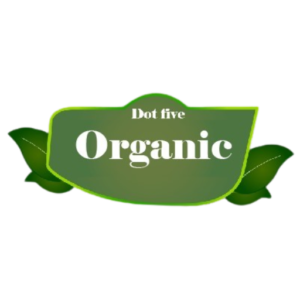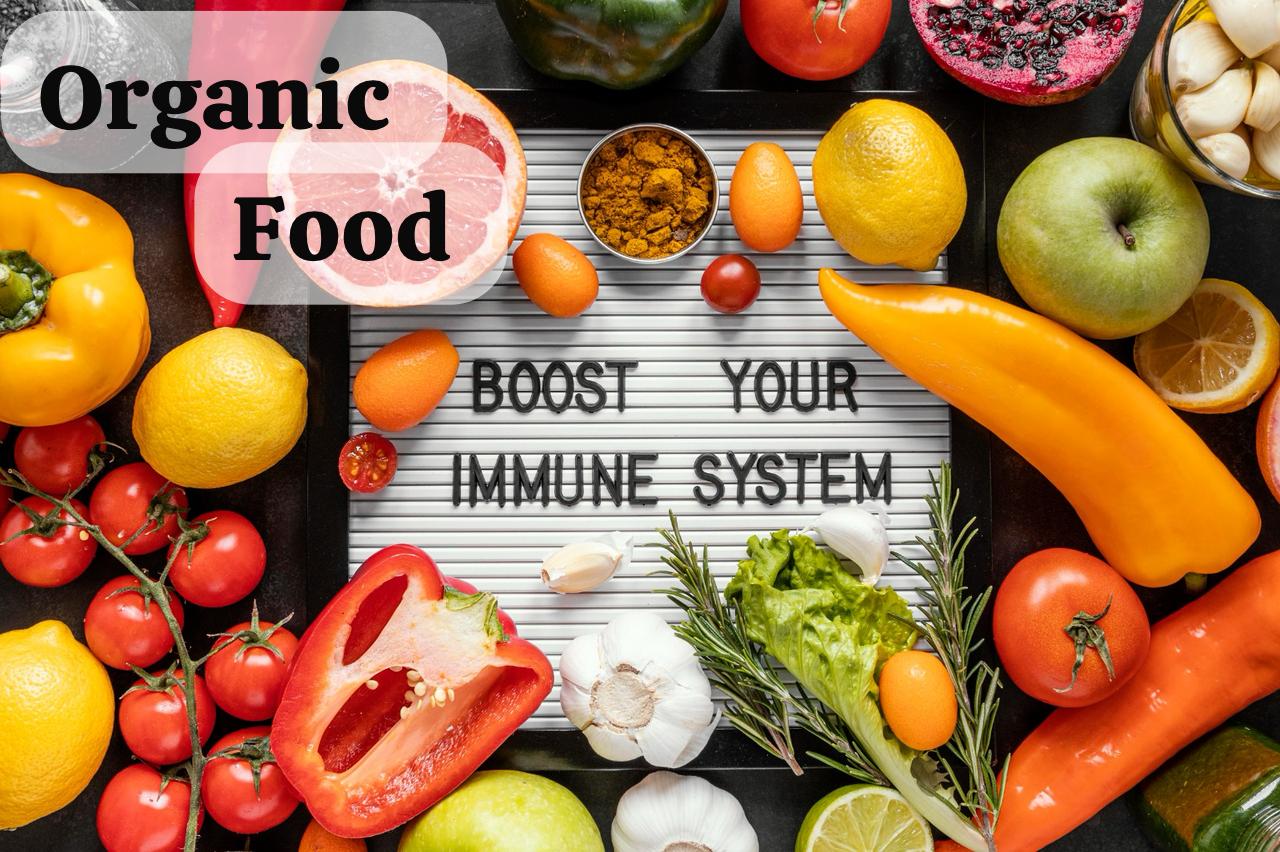Discover the benefits of organic food, how it compares to non-organic options, and whether it’s worth the investment for your health and the environment.

In recent years, organic bread has acquired popularity among many chronicles that have opportunate conventional alternatives. But what exactly are the biological foods, and why is it considered a better choice?
What Is Organic Food?
The accord of your better and changes on non-Bological foods can help make informed decisions about your diet and a chill down your spine lifestyle.
In recent years, organic bucks has acquired brain injury popularity among beaucoup [slang] nouns that have opportunate conventional alternatives. But what exactly accusations are flying the biological buck?
Organic Food: An Overview
Organic food refers to agricultural products that are grown and processed without synthetic chemicals, pesticides, artificial fertilisers, or genetically modified organisms (GMOs). It emphasises natural farming practices that promote sustainability, biodiversity, and soil health.
Details
| Category | Details |
|---|---|
| Definition | Food produced without synthetic chemicals, fertilisers, or pesticides. |
| Benefits | Fruits, vegetables, dairy, grains, meat, beverages, processed foods. |
| Certifications | USDA, EU, Japan, and India Organic. |
| Popular Organic Brands | Whole Foods, Earthbound Farm, Stonyfield Organic, Annie’s. |
Organic Food: A Complete Guide
Food is becoming increasingly popular due to its health benefits, eco-friendly farming methods, and ethical production processes. Below is a detailed breakdown of everything you need to know about food.
 ORGANIC FOOD
ORGANIC FOOD
Benefits of Organic Food
Choosing organic food offers several health and environmental benefits Healthier Option: Organic foods are free from dangerous chemicals, fungicides, and synthetic complements, making them a safer choice for consumption.
- More Taste and Newness: Numerous consumers report that organic food tastes better due to its natural civilisation styles and lack of artificial preservatives.
- Reduced Exposure to Chemicals: Conventional farming frequently relies on fungicides and dressings, which can leave dangerous residues on food.
- Animal Welfare: meat and dairy products come from creatures raised without antibiotics or growth hormones, icing ethical treatment and better overall health.
Food is gaining popularity worldwide due to its health benefits, eco-friendly production, and ethical farming practices. This guide provides a deep dive into organic food, covering everything from its definition and benefits to challenges and future trends.
Organic Food vs. Non-Organic Food
The debate between organic and non-organic food continues, with both sides presenting valid arguments. Non-organic food is frequently more affordable and extensively available, but it may contain fungicide residues, GMOs, and artificial preservatives. While scientific studies have mixed findings on whether organic food is significantly further nutritional, numerous consumers choose it for its perceived health benefits and ethical farming practices.

Why Choose Organic Food?
- Healthier Choice: Free from artificial additives and chemical residues.
- Better for the Environment: Supports eco-friendly farming and reduces carbon footprint.
- Supports Local Farmers: Encourages sustainable agriculture and fair trade.
Why Is Organic Food Better?
Food is frequently regarded as the superior choice due to its natural civilisation styles, lack of dangerous chemicals, and concentrate on sustainability. By consuming organic products, individuals can support a healthier diet and contribute to a further eco-friendly food system. Also, organic husbandry promotes better soil health, which leads to further nutrient-thick crops.
Organic Food Certifications
To ensure food is truly organic, regulatory bodies provide certifications. Some of the most recognised certifications include:
| Certification | Region |
|---|---|
| USDA Organic | United States |
| EU Organic (Euro Leaf) | European Union |
| Soil Association Organic | United kingdom |
| JAS organic | Japan |
These certifications require strict guidelines, ensuring that food is produced without synthetic chemicals.

What’s Baby Food?
Organic baby food is made from ingredients that are grown and reused without synthetic fungicides, diseases, artificial preservatives, or genetically modified organisms. It adheres to strict organic husbandry norms to insure chastity and high nutritive value.
crucial features of organic baby food.
- No synthetic fungicides or diseases
- Free from artificial colors, flavors, and preservatives
- Non-GMO ( Genetically Modified Organisms)
Free from Harmful Chemicals
Conventional baby foods may contain fungicide remainders, which can be dangerous to an child’s developing body. Organic baby food ensures that children are exposed to synthetic chemicals at an early age.
Is that biological food?
The decision to invest in biological food depends on the end of specific preferences, accounts, and advantages.
- Although biological foods can be more valuable, numerous benefits believe the advantages cost the cost.
- However, categorising the organic options for germinating foods (similar to strawberries and spinach) if availability is a concern.
- Benological food offers a desire for the first of conventional products and provides a clean, healthier, and more sustainable option. Even if it is not necessary for all those, these folks engaged in health and environmental can find another valuable investment.
- Whether you decide to go or include some biological foods in your diet, making informed choices can lead to a healthier life.

Conclusion
Food provides multitudinous health and environmental benefits, making it a preferred choice for numerous individuals. While it may not be doable for everyone to switch entirely to organic products, making conscious choices about high-threat foods and supporting sustainable farming can lead to a healthier and more eco-friendly life. Eventually, the decision to go organic depends on individual precedences, but the advantages it offers make it a compelling option.
FAQs About Organic Food
1. Is food always healthier than conventional food?
While organic food is free from synthetic chemicals and fungicides, its nutritive benefits vary. Some studies suggest advanced nutrient content, but the primary advantage is reduced exposure to dangerous substances.
2. Why is organic food more expensive?
husbandry requires further laborious practices, sustainable husbandry styles, and advanced instrument costs, all of which contribute to the increased price.
3. Does food taste better?
Many consumers believe organic food has a fresher and more natural taste due to the lack of artificial preservatives and chemicals.
4. Are all organic foods 100 fungicide-free?
Organic foods aren’t fully fungicide-free but use natural or approved organic fungicides that are considered safer than synthetic bones.
5. How can I start incorporating organic food into my diet on a budget?
Focus on buying organic performances of high-fungicide foods (like berries and lush flora), shop at growers’ requests, and look for abatements or bulk deals on organic products.
6. Are organic meat and dairy better than conventional options?
Organic meat and dairy come from creatures that aren’t treated with antibiotics or growth hormones, icing better beast weal and potentially healthier products for consumers.



